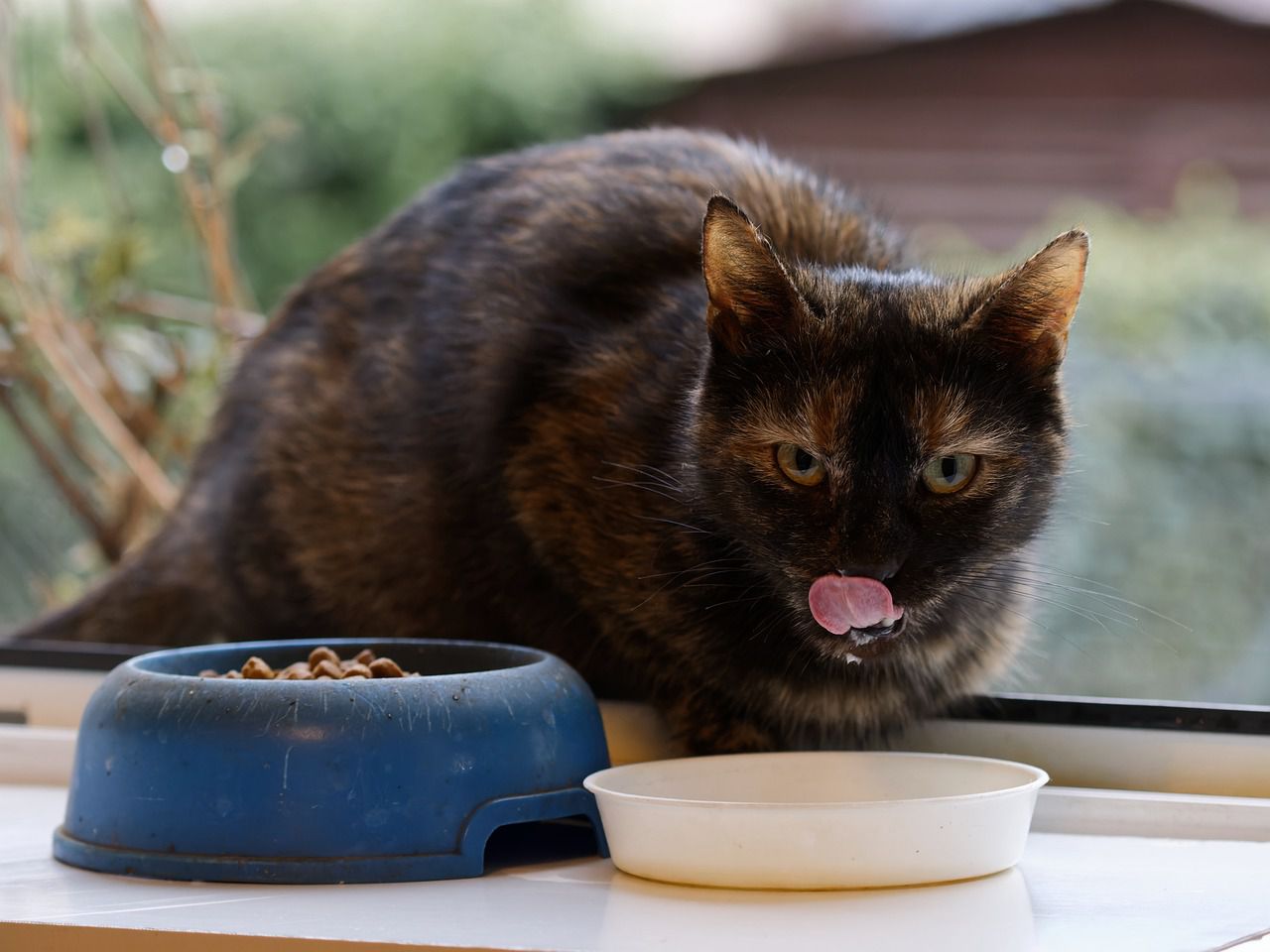For some reason, people often assume that cow milk is good for pets - it's often portrayed in books and movies.
Meanwhile, consuming cow milk isn't natural for them, and can sometimes harm your pet's digestion a lot.
Here are some reasons for that.
Lactose isn't great for them
The key issue with milk and most dairy products is lactose, a natural sugar found in milk.
Pets, like people, need a special enzyme called lactase to properly digest lactose.

When pets are babies, their bodies usually produce enough lactase to handle their mother's milk.
However, as they grow up, many pets start producing less lactase, making it more challenging to digest lactose.
Digestion issues
For most adult cats and dogs, consuming milk can lead to digestive upset.
This includes symptoms like upset stomach, gas, and diarrhea.
So, even though your pets might love the taste of milk, it's not the best choice for their digestive systems.
Water is always better
To keep your pets well-hydrated and healthy, it's advisable to provide fresh water as their primary source of hydration.
Water is essential for their overall well-being.
If you want to treat your pets to something special, you can find specially made "pet milk" products that are formulated to be easier on their digestion.
These are typically labeled as "lactose-free" or "pet milk" and can be a safer and enjoyable alternative to regular cow's milk.
Conclusion
Though milk might seem like a fun treat for your pets, it's best to avoid giving them regular cow's milk, especially if they are adult cats or dogs.
Fresh water is the ideal choice to keep them hydrated, happy, and healthy, while specially designed pet milk products can offer a safe and tasty alternative if you want to spoil them a bit.













